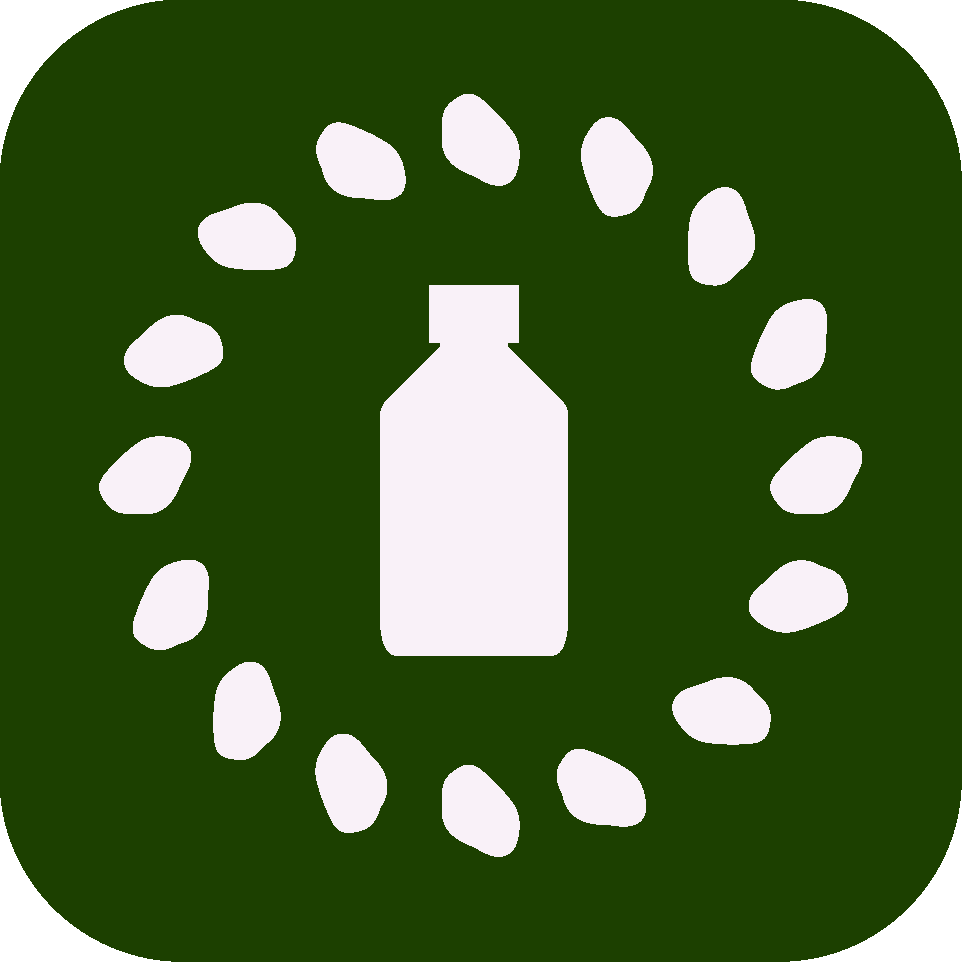This time of year it can be difficult to ignore the bombardment of pink and red hearts and flowers reminding us to display our love and affection more outwardly. Which is no bad thing, after all 'all you need is love' - but is there actually more to that saying on a physiological level that you realise? How does love affect your physical health? Here are FOUR ways that love and kindness can improve your health and wellbeing, yes including your gut health.
1. Share your bugs. This is actually less gross than it sounds! It's true that you swap and share microbes with those closest to you. This is good news, because science shows us that the key to a healthy and thriving microbiome is variety. Your microbiome is made up of an enormous ecosystem of microbes including viruses, fungi and bacteria. They are experts at living in symbiosis, or in harmony, with you. Wouldn't it be nice if every relationship naturally balanced in harmony like the microbes?
2. Stress Reduction. Sometimes stress can be useful like when we need to have heightened focus. For example; nailing a job interview or navigating a busy tube station safely. However, when stress becomes a more chronic (ongoing) state, rather than an acute (temporary) state, it can have a host of negative impacts on the body. Higher stress hormones like cortisol can affect your sleep quality, blood pressure, weight management and lead to headaches, anxiety and depression. The good news is that science shows us that we can lower our stress hormones and boost the 'feel good' hormones by showing kindness, acts of service, gratitude and mindfulness practices. So show some kindness to someone (that includes yourself) and write a list of three things you LOVE and you're grateful to have in your life.
3. Happy hormones. Oxytocin is known as the happy hormone, or sometimes the love hormone. This is because when your body releases this hormone it is related to connection to others; to promoting trust and a sense of closeness. This is the case both in romantic relationships but also oxytocin is a key hormone for parent-child bonding and plays a key role in child-birth and breastfeeding. This hormone is released when we have a physically close safe connection, such as hugs or eye contact. Low oxytocin levels have been associated with depressive symptoms, so get hugging.
4. Anti-loneliness. Like microbes, us humans are wired for connection and to work together as part of a community. When we become isolated it goes against our natural way of being.That's why isolation is used as a punishment and torture in prisons for example, and why so many of us suffered during the recent covid-19 pandemic lockdowns. By connecting to family, children, friends and even in your local community you can have a significant positive impact on your health and wellbeing.
So this Valentine's Day, buy those chocolates and roses knowing that showing your love and appreciation is doing far more good for both you and the recipient than you realise. We'd love to know how your 'I got these for you because I love you and it will help your gut microbiome thrive' messages go this year!
With love, The Microbz Team




